There’s a dirty little secret most school Heads don’t want to face up to. They are creating, endorsing and even promoting marketing strategies that don’t have a snowball’s chance of success.
Most school marketing strategies imageseven reviews are, at best, merely exercises in wishful thinking and at their worst they represent organisational mass delusion.
That’s a confronting diagnosis, but the reason behind it is simple.
The concept of strategy is powerful, but it remains just a good intention unless, as management consultant and educator Peter Drucker said, “it immediately degenerates into hard work.” The ‘hard work’ of school communication and marketing is increasingly being delegated to technology with expectations of giant leaps forward in productivity and enrolments. However, there is no point investing in advanced technology for people who don’t have the skills, training or capacity to build and maximise the return from such an investment in your marketing technology stack.
Even if these pre-conditions are met, your strategies are still doomed to failure if the discipline does not exist to execute on the basics. For example, most schools do not have an internal project management system for their communications and marketing, let alone one that is open and viewable by all staff. School marketers can claim project management consumes unnecessary time and their resources are better directed to keeping parents fed with a constant stream of images on the latest social media platform. In effect, they seek an exemption from the disciplines of project management by showing how they are keeping parents informed and pacified. Your parents aren’t complaining, so everything is tracking well. At least that is the way it appears. But a side effect of the ‘all is well’ diagnosis is that accountability for the very real hard work of executing your marketing strategy is absent.
To realise the benefits from a marketing strategy, you — the leader of marketing in your school — must put in place a system that forces you to execute that strategy because, more likely than not, it is you who will not accept accountability for setting the standards.
The issue comes full circle to the leader of marketing. You.
Your school marketing is making promises about your offering to prospective parents and existing parents. (If it is not making a promise, it is a symptom of a weak and unfocused brand.) Do you have some sort of feedback system where you regularly ask stakeholders how happy they are and if you have delivered on those promises? Do you publish those results? If not, it is very likely that you have a strong belief in the value your school provides to families but, except for one or two examples that you regularly use as substantiation in testimonials, there is a lack of accountability for keeping your brand promises. You have left the outcome to self-discipline on the part of a variety of uncoordinated individuals within your school to achieve the required standard. Over 30 years of observed experience tells us this does not do the job.
School Heads often deliver well-meaning and inspirational speeches at all-staff meetings to remind staff what the strategy is, how it is being resourced and to give a vision of the desired future state. These are very important parts of casting the vision and communicating the practical realities of what it will take to succeed. But if there is no system to keep you and your team honest about actually doing the hard work required — the relentlessly consistent execution — then you don’t get the benefits. The only way to enjoy the benefits is to accept the discipline.
If you are really committed to making something happen, do not rely on the self-discipline of isolated individuals. If the outcome of your marketing strategy truly matters, craft an external discipline.
On the other hand, if you don’t want to hold yourself and others accountable, you have options. You could drop the marketing strategy entirely, or you could accept patchy, mediocre results. But if you can’t find the marketing strategy you are prepared to commit to, be aware that it is unlikely your school will separate itself from the undifferentiated sameness that characterises primary and secondary schools. Another side effect of not holding yourself and your team accountable is that your selection of strategy becomes less critical. A general strategy that might move you in broadly the right direction will usually suffice, because you have no firm destination or outcome to measure yourself against.
As Harvard Business School’s Michael Porter wrote: “Strategy is about setting yourself apart from the competition. It’s not a matter of being better at what you do — it’s a matter of being different at what you do.” If you are committed to your marketing strategy, it is demonstrably better to have a system that forces you and your team to try because, over time, you will realise more gains when you are accountable.
The real issue
Why do school Heads not realise the benefits of the marketing strategies they have approved? The strategies comply with all the top-level requirements for success and they truly do reflect the mission and intent of the school. Surely executing the strategy is the simplest part of the post-diagnosis treatment, isn’t it? Unfortunately not.
The work environment created by this lack of accountability for the execution of marketing strategy is wonderful for school marketing officers. Often, they can do what they want, determine their own priorities and do the tasks that bring them enjoyment and, as long as parents or staff are not complaining, no-one bothers them or holds them to account.
So now there is a choice to be made. Which school would you rather lead? A school where you have set a marketing strategy that supports and enables your school’s mission, or one where the unwritten modus operandi is ‘let’s not mess up’? There is nothing wrong with either choice, but it is simply bad leadership to pretend you are committed to your strategy when you know you don’t have the discipline to do it. If you know you don’t have the discipline to execute the strategy, stop the charade and enjoy the choice you’ve made.
You can almost certainly get by with the status quo. Many school Heads are comfortable with where their school is, and their Board of Governance is not exerting pressure to improve. But if this is the case for you, then you should not complain about declining interest, enrolments or parent engagement. You must accept the outcome of your chosen path.
The key to successful execution of your communication and marketing strategy is enforcing the standards appropriate for your strategy. Accountability. Your success is an outcome of how high your standards are. The school with the highest standards wins.
This key principle applies no matter what issue you are considering. Your problem is not communications, marketing, digital versus traditional, brand positioning, taglines or media spend. Your problem is the inability to establish a standard you are willing to enforce.
This is what strategy is for. Communication and marketing strategy is something we all agree to do and be accountable for. But the last part is essential. If you and your team agree to do it, but you don’t hold them and yourself accountable, that is not a strategy and it’s got a snowball’s chance of success.
Insight applied
- Strategy must immediately degenerate into hard work.
- A strategy is worthless unless it is executed.
- To enjoy the benefits, you must accept the discipline of setting, enforcing and being accountable for executing your marketing strategy.
Brad Entwistle is Founding Partner of imageseven. Since 1990, he has led his team on a mission to amplify the impact of schools by working directly with school Heads, tailoring solutions to maximise their communication and marketing effectiveness. imageseven.com.au







